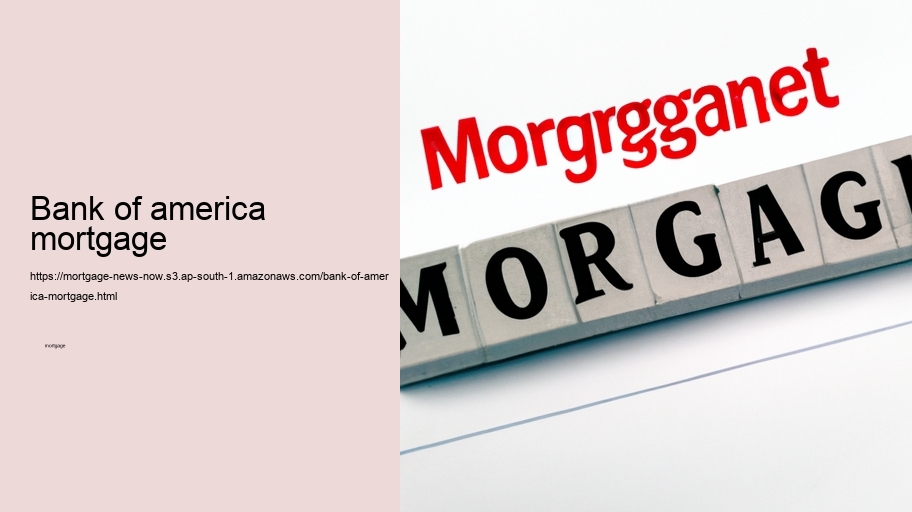interest rate
Make sure to check if there are any hidden costs such as closing fees or origination fees that could push the cost up beyond what you'd initially planned. It's a revolving line of credit, meaning that you can draw from it and repay it as needed. So go forth and start researching today - good luck!How to Find the Right Mortgage for You How to Get the Lowest Rate on Your Mortgage How to Negotiate a Better Rate on Your Mortgage Negotiating a better rate on your mortgage can be tricky, but it's worth the effort! (It) can save you thousands of dollars in interest over the course of your loan. These funds are disbursed either in regular payments or as one lump sum - however it needn't be paid back until the borrower moves out, passes away or fails to meet other obligations set out by the terms of the loan agreement. Also, don't forget about negotiating with lenders - this is often where people miss out on savings! Asking for lower fees or a better rate can help reduce the cost of taking out a mortgage significantly. Neglecting to do research could lead to disappointment down the road. Moreover, when speaking with potential lenders there are several key points that should be addressed: How long is the loan term? Is there a prepayment penalty? What kind of fees are involved? Are discounts available for automatic payments or if you set up an escrow account? These factors all play into the overall cost of the loan so make sure to ask about them! Finally, don't forget that sometimes all it takes is simply asking for a lower rate. Plus, unlike other types of loans, there are no monthly payments required on a reverse mortgage! Instead, interest accrues on top of the original principal amount and is due when any of those aforementioned events occur. This will give you an idea of what to expect when negotiating. However, many people are unaware of what refinancing entails and the potential advantages it could offer.
mortgages
low interest rate mortgage
